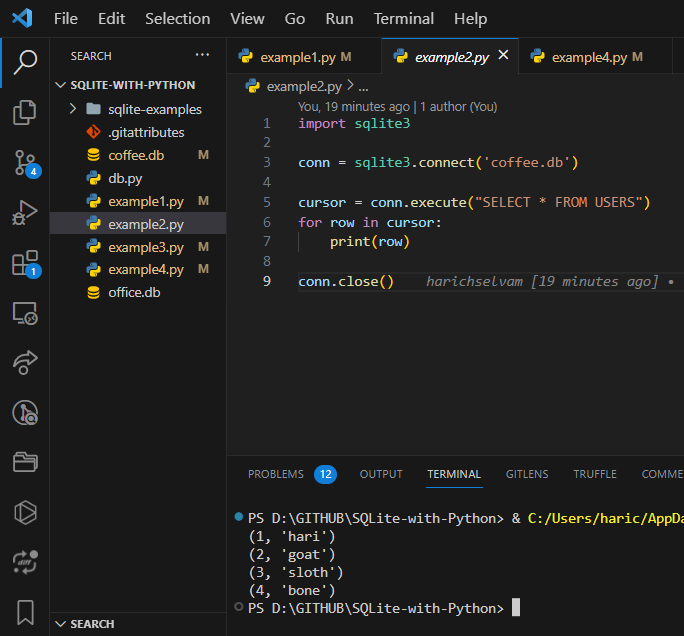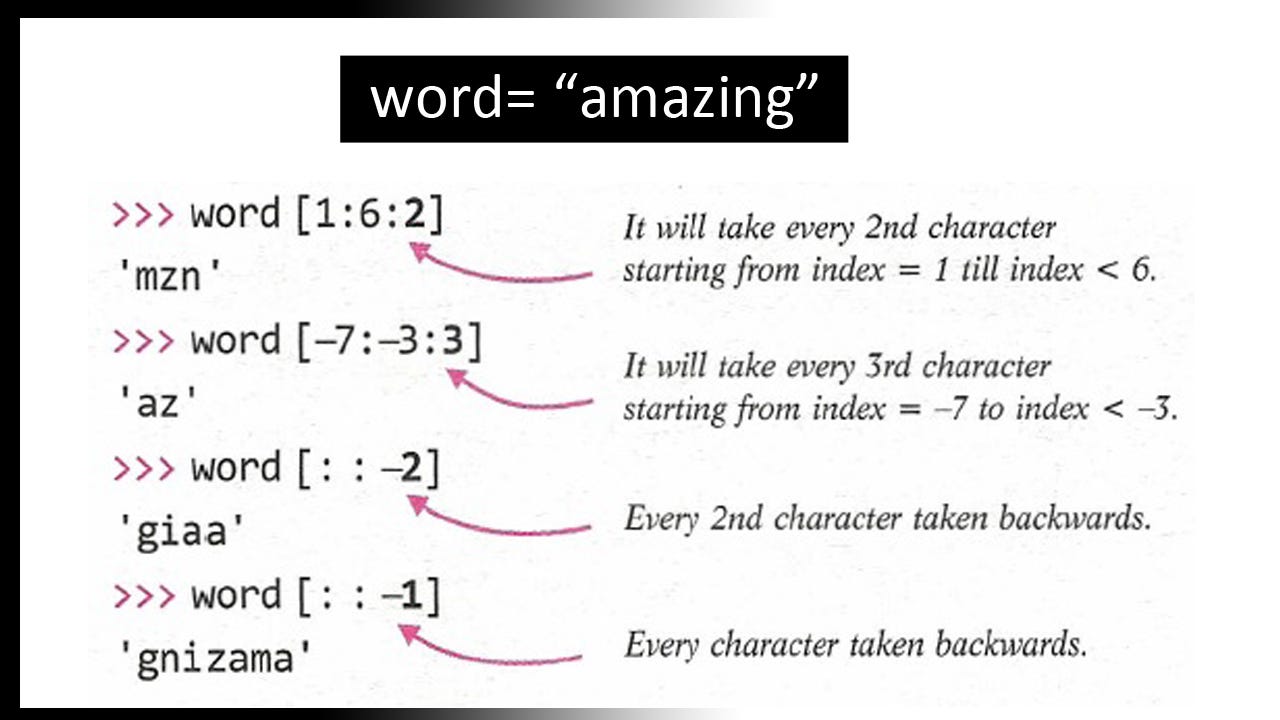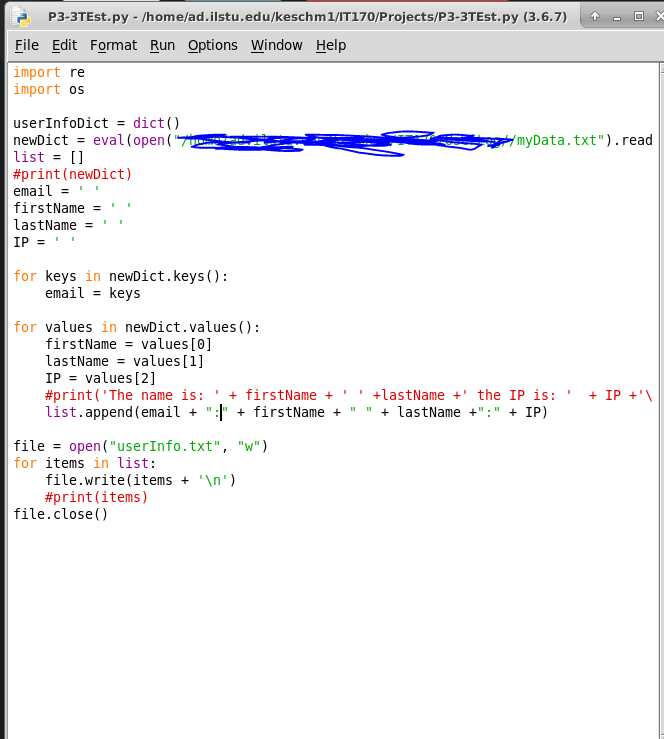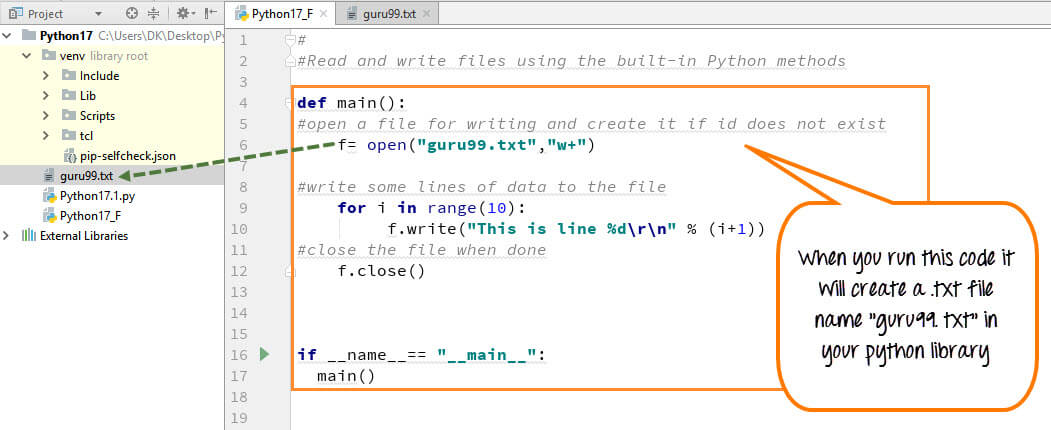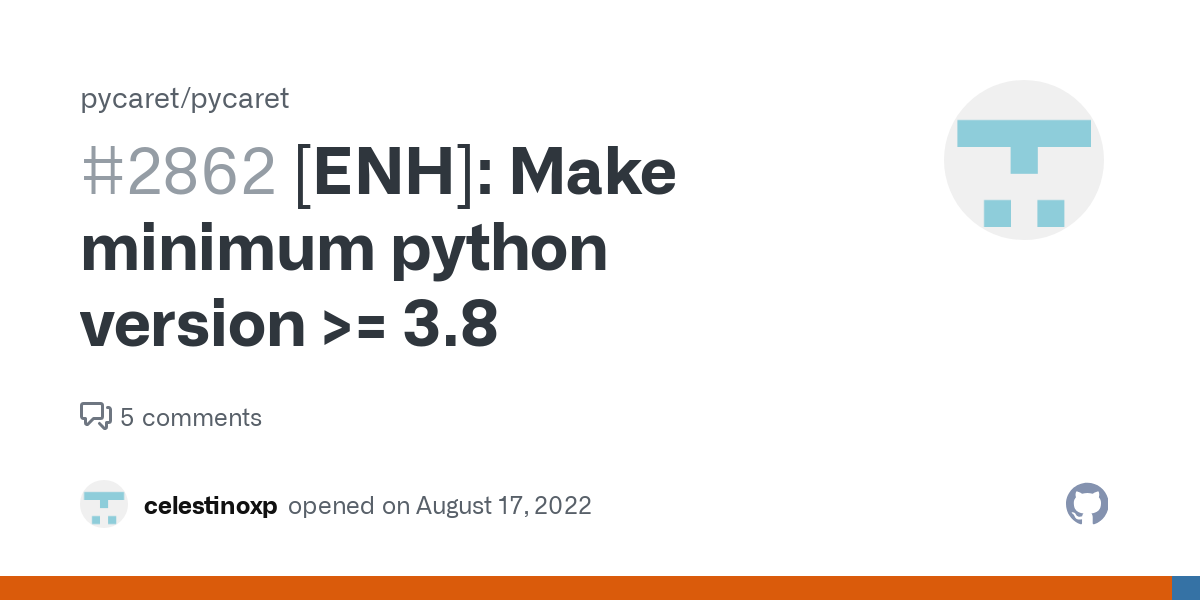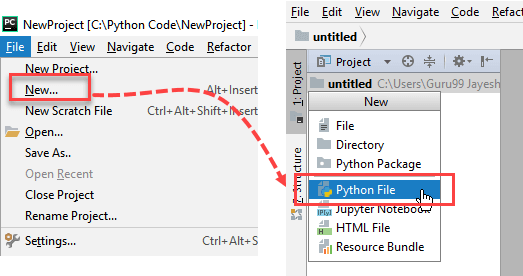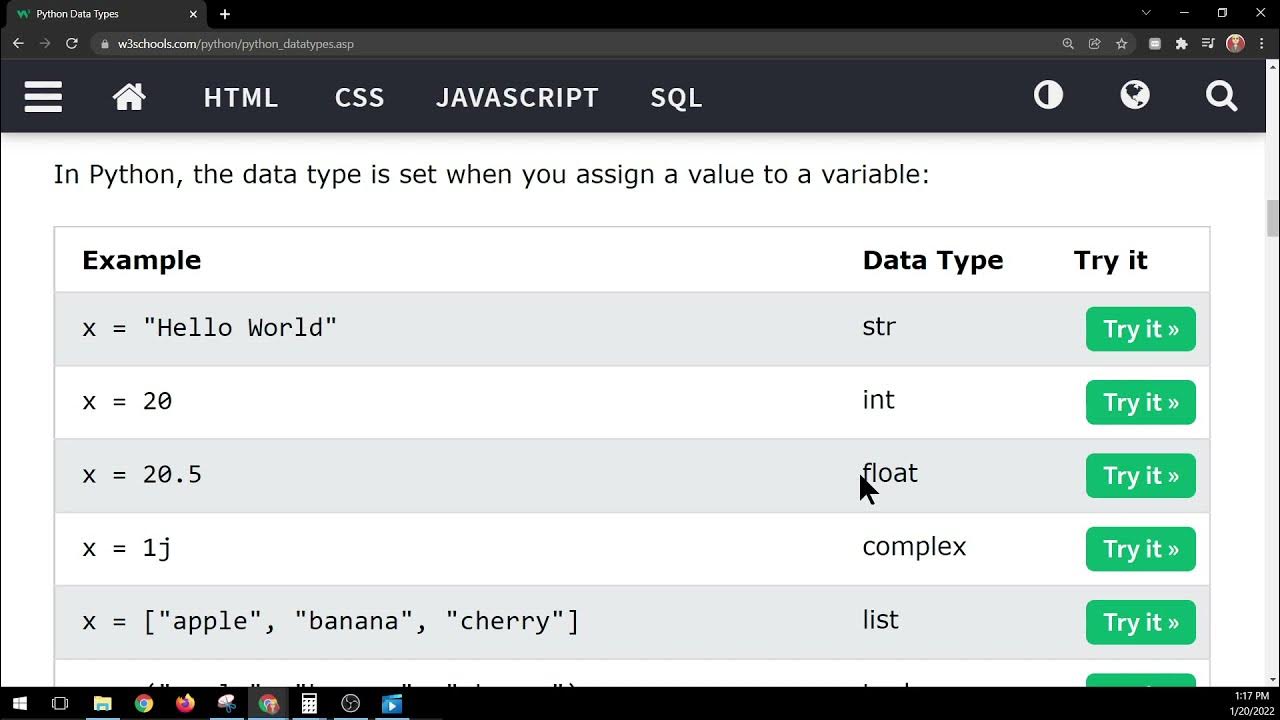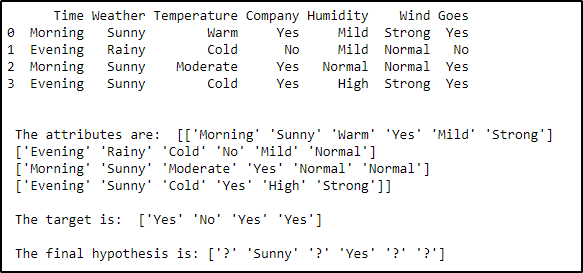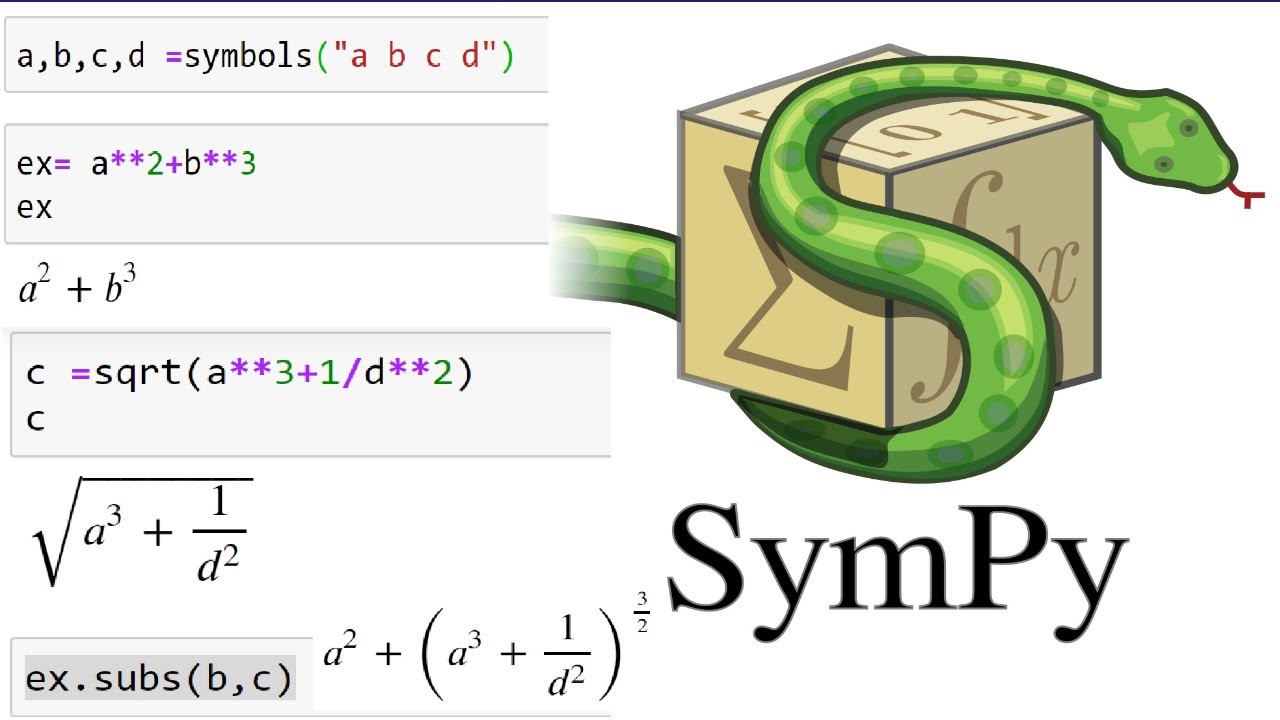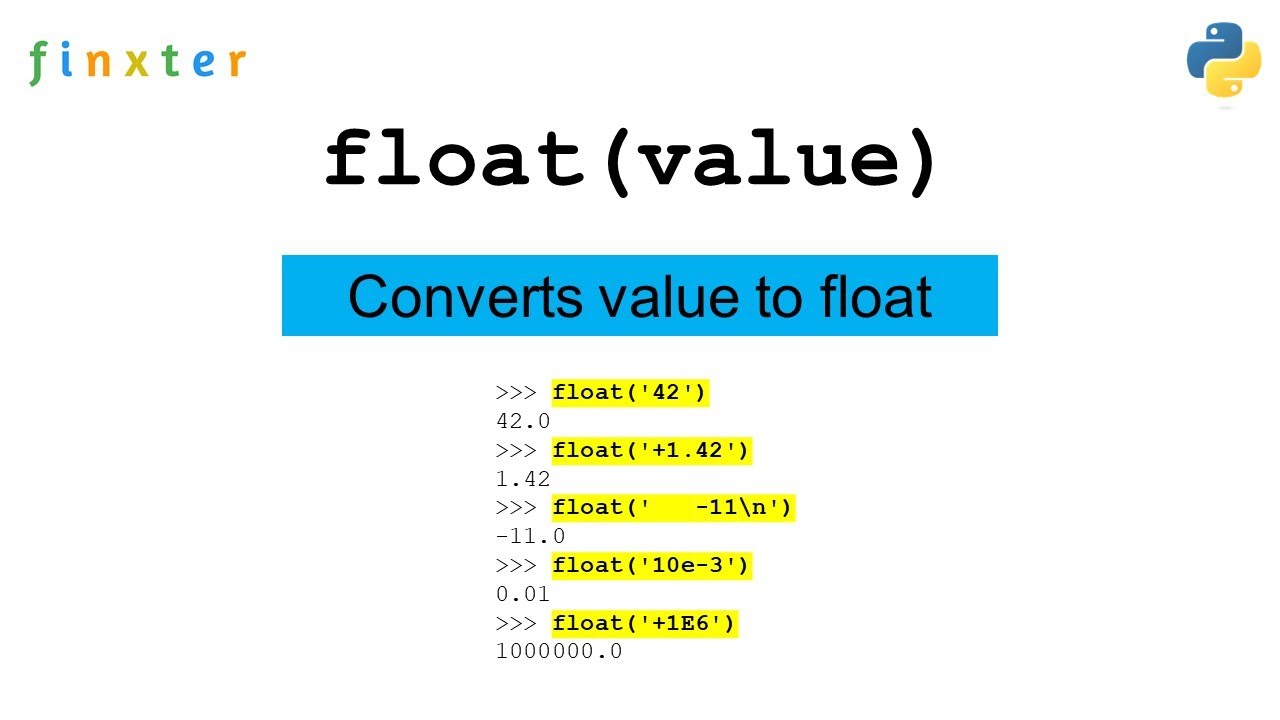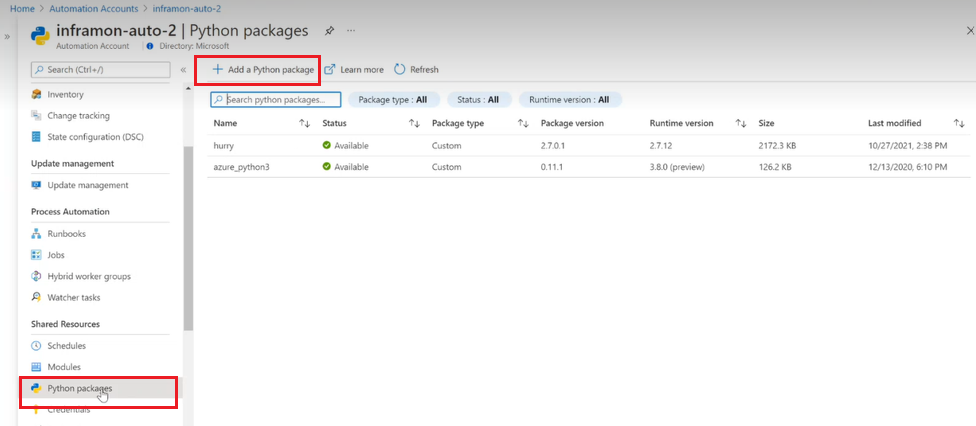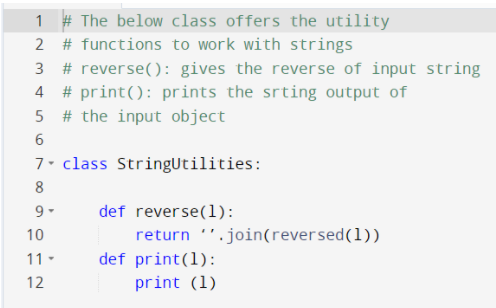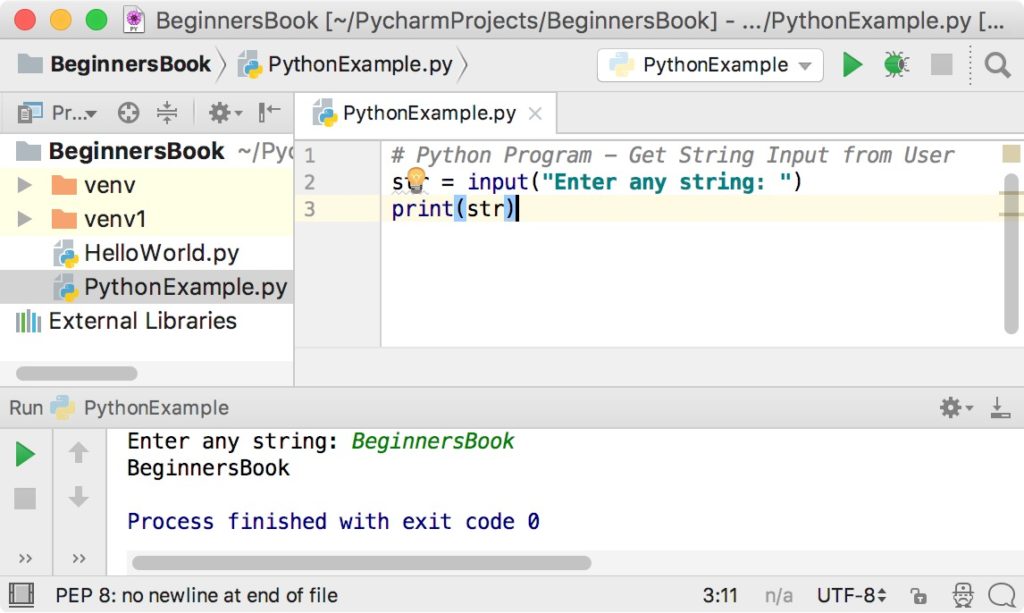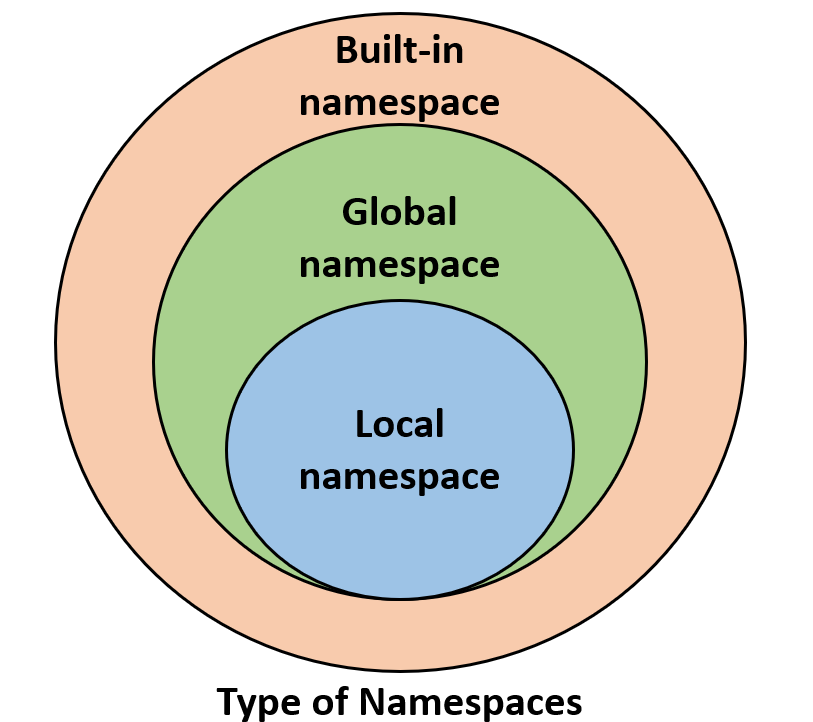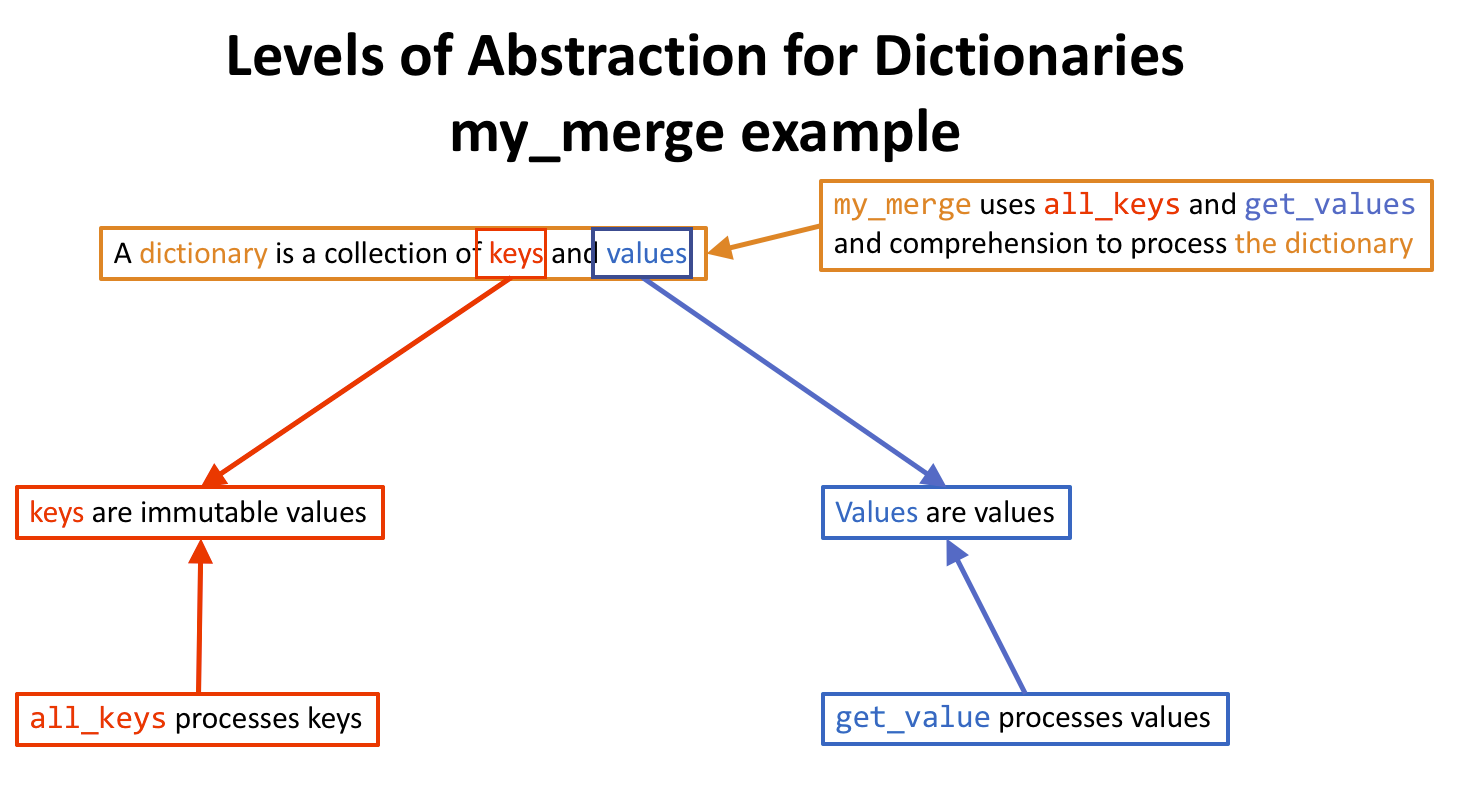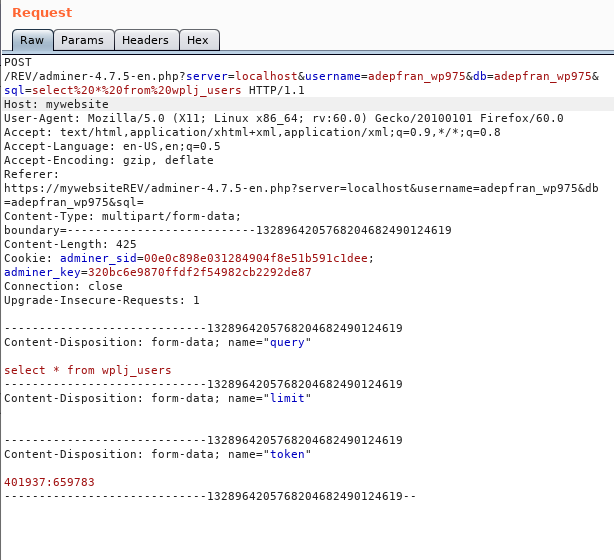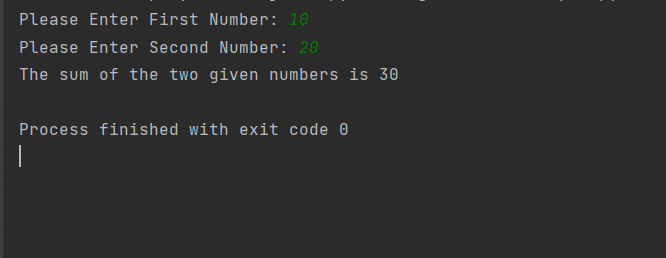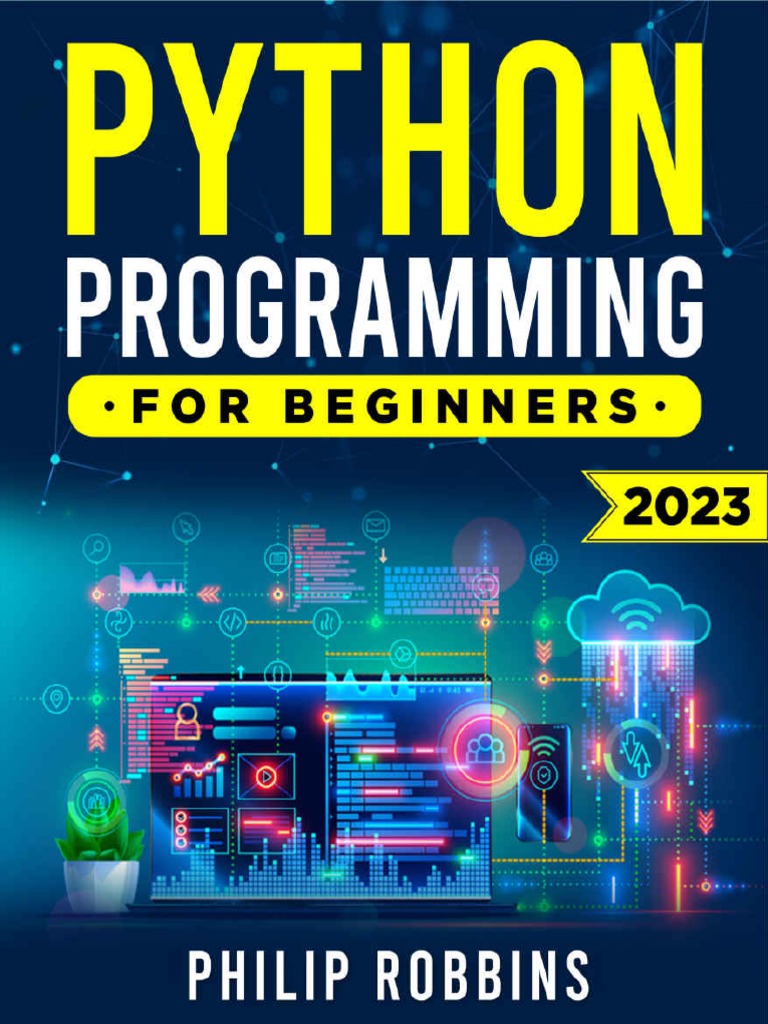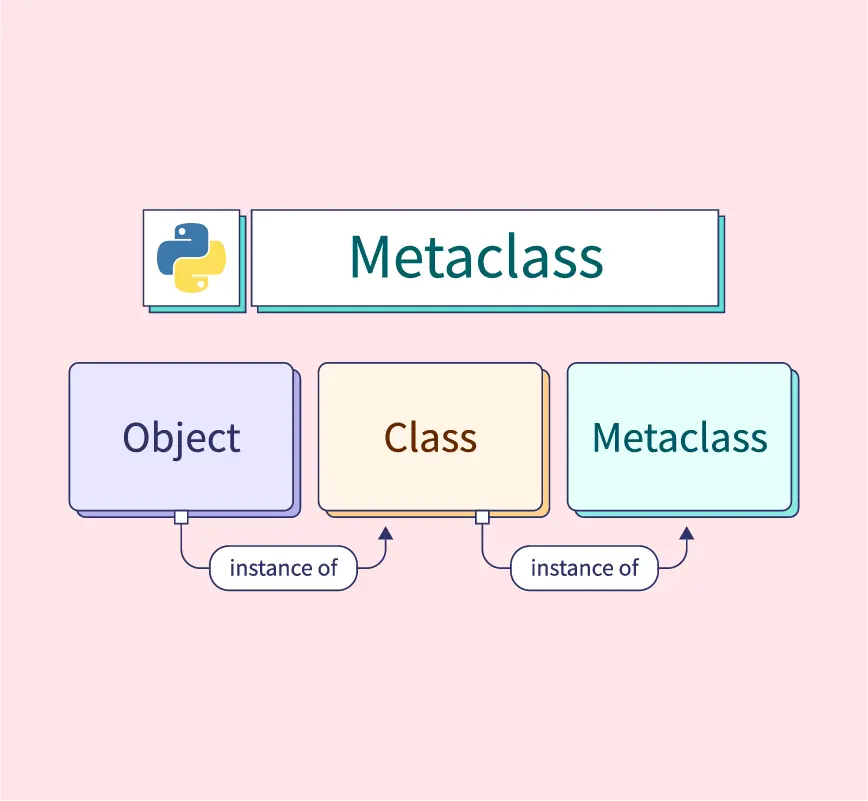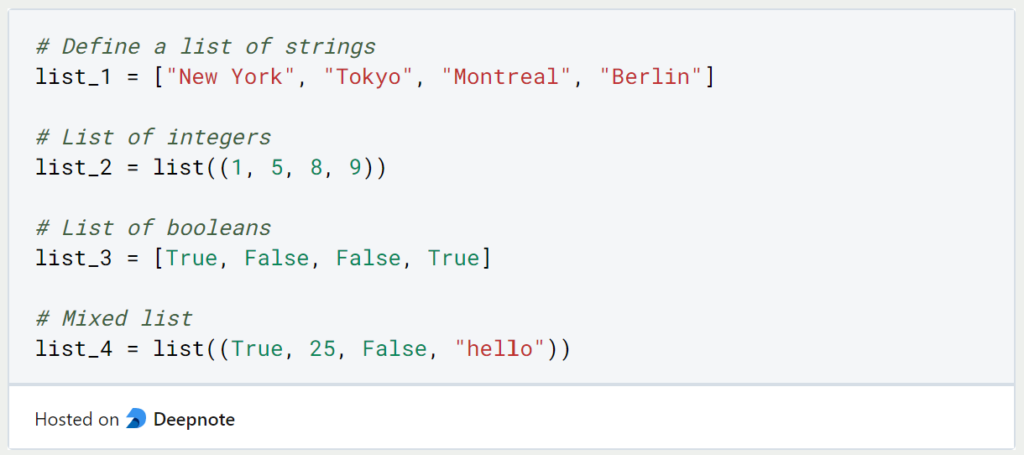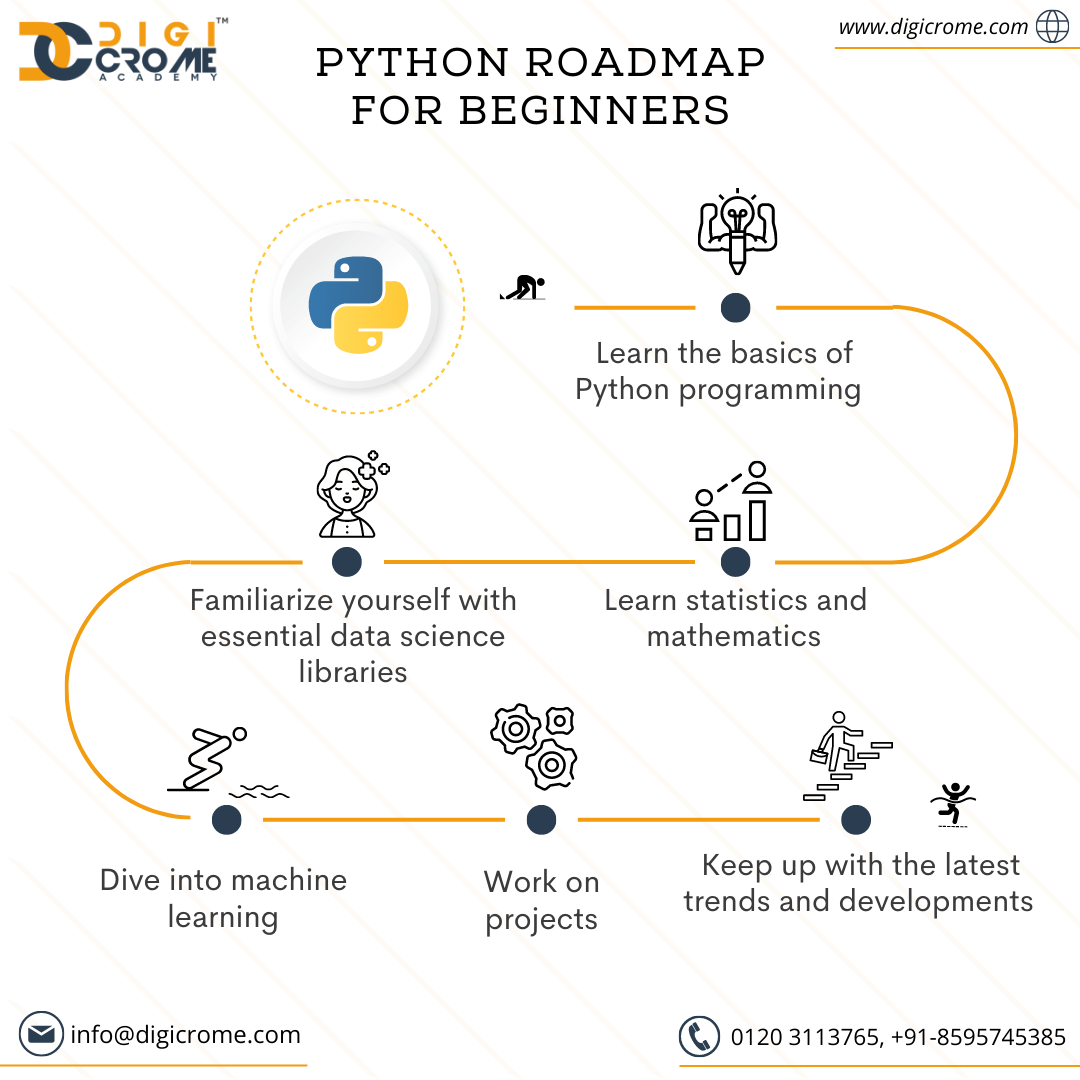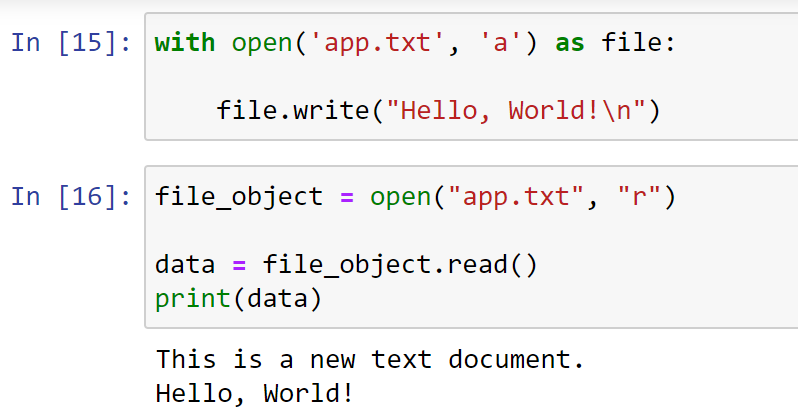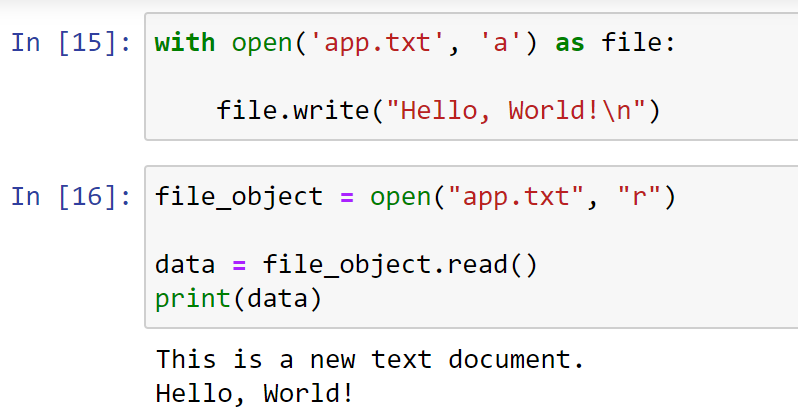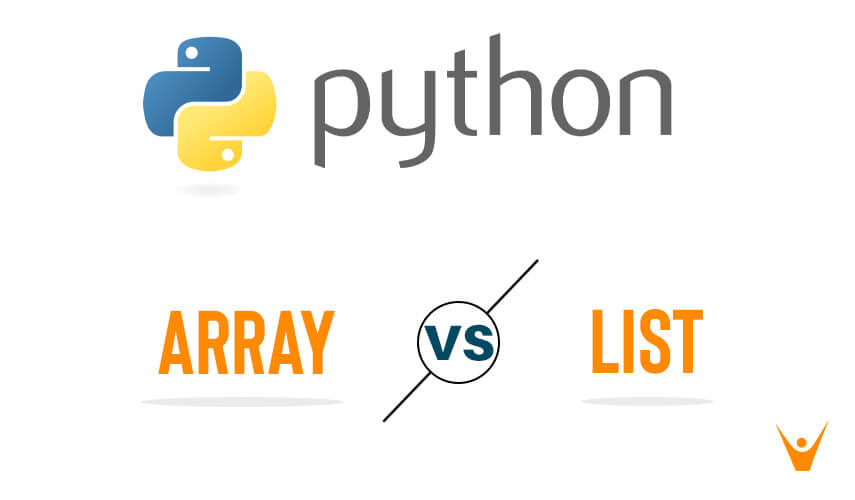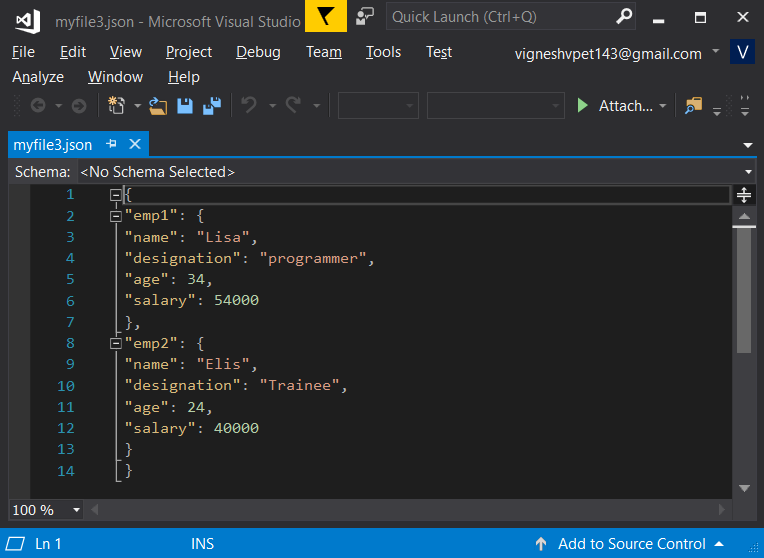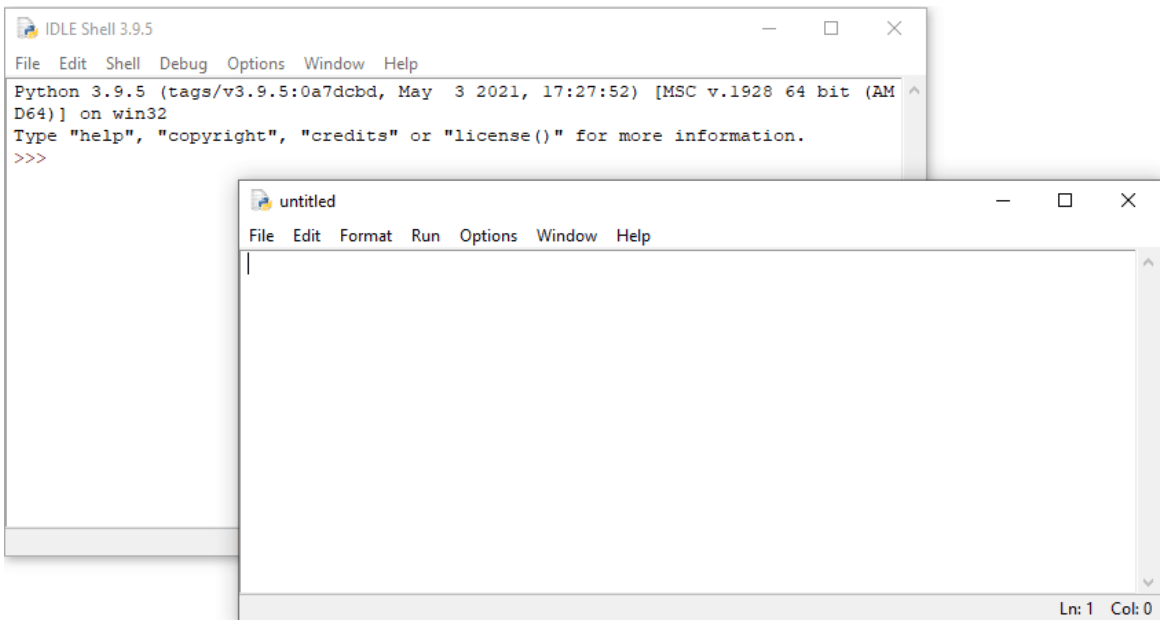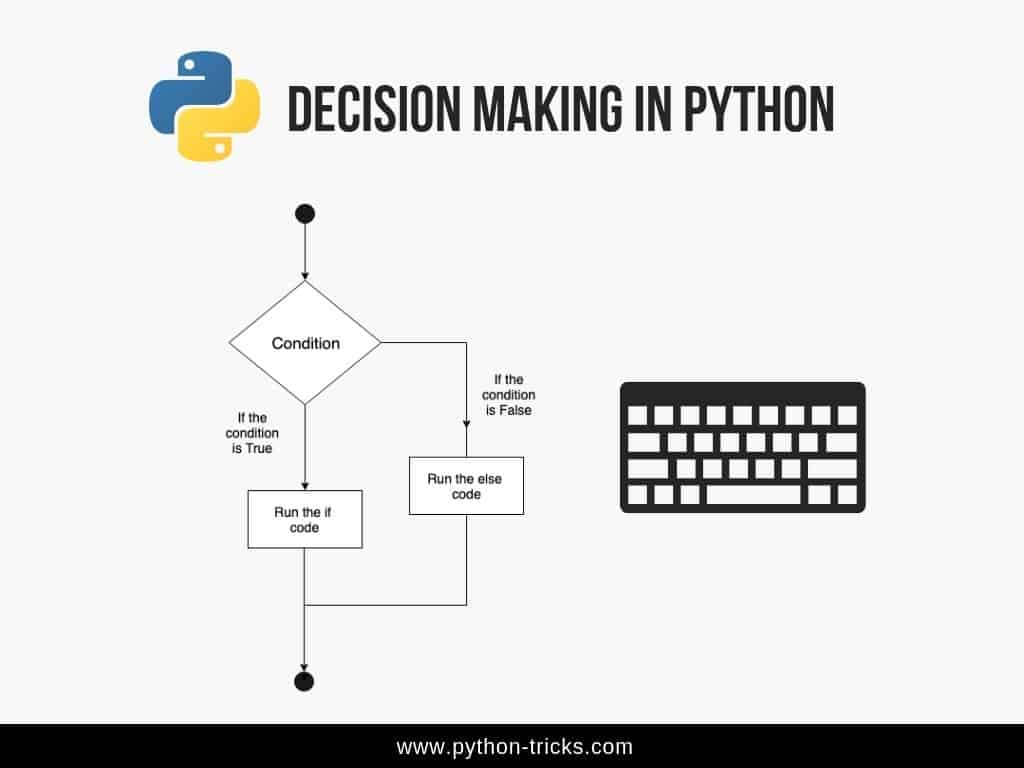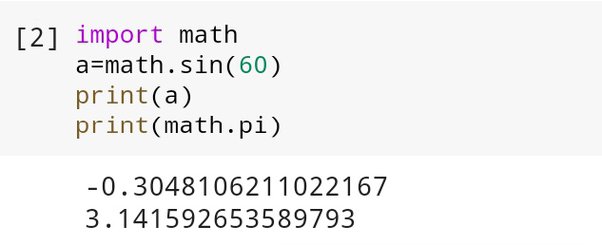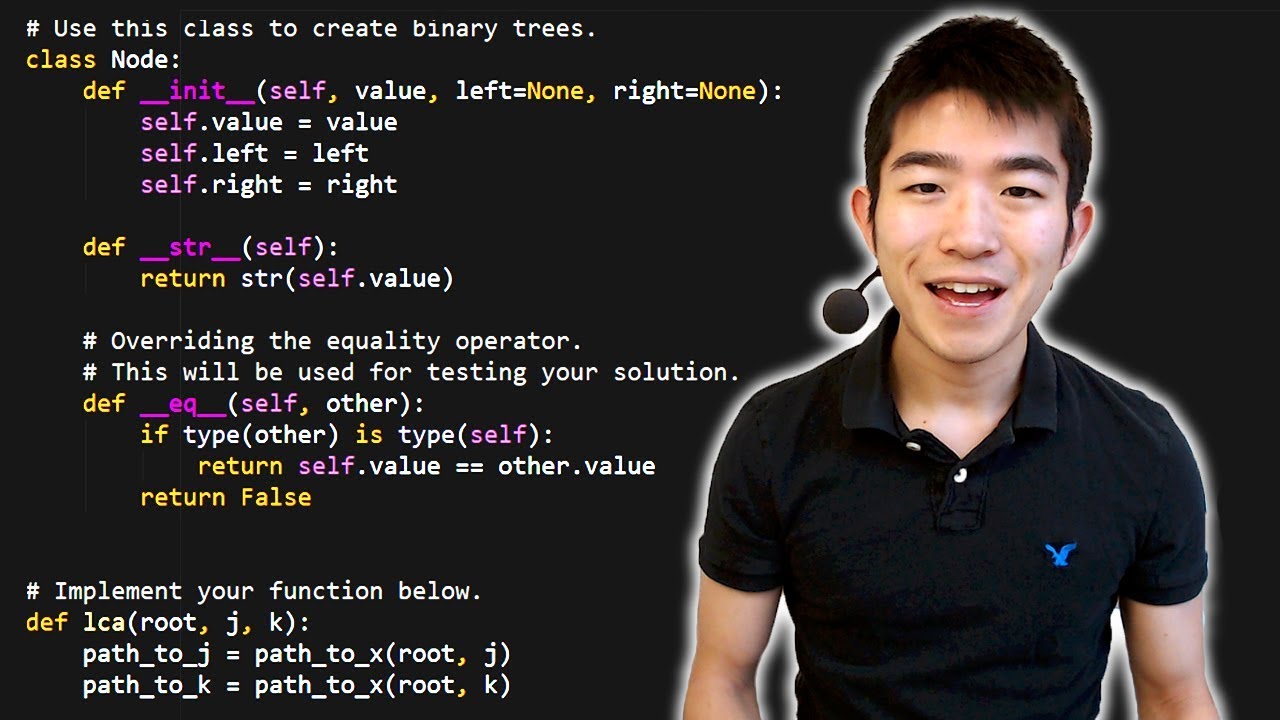Can I learn Python in a month
Can I learn Python in a month
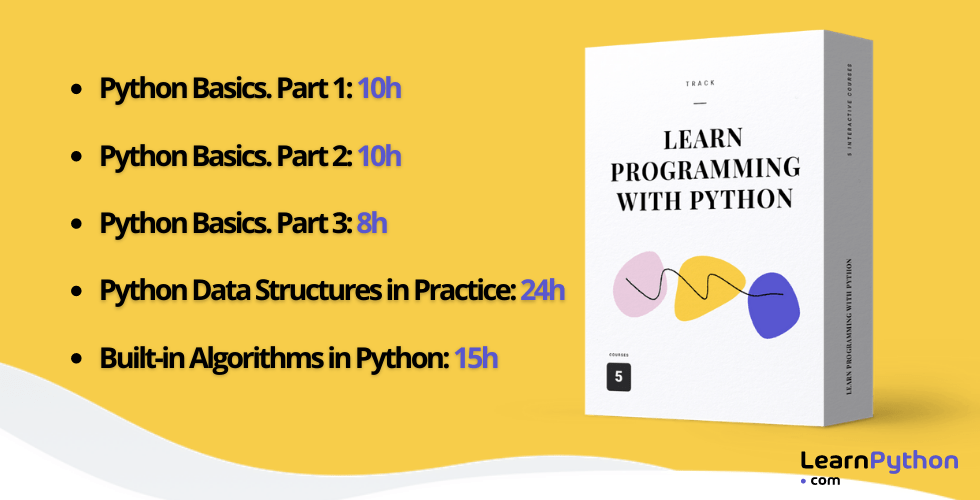
I'm happy to respond in English for you!
The answer to whether you can learn Python in a month is a resounding "maybe." While it's technically possible to learn the basics of Python in a short amount of time, becoming proficient and being able to apply your knowledge effectively will require more time.
Here's why:
Python fundamentals: You'll need to grasp basic concepts like data types, variables, control structures, functions, modules, and object-oriented programming (OOP). This takes some time to digest, especially if you're new to programming. Practice and repetition: To become proficient, you need to practice writing Python code regularly. This helps solidify concepts in your mind and enables you to develop muscle memory for coding tasks. Contextual understanding: Python is a versatile language with various applications (e.g., web development, data analysis, machine learning). You'll want to learn specific contexts or libraries within the Python ecosystem, which requires additional time and effort.That being said, if you're determined to learn some Python in a month, here's a rough outline of what you can aim for:
Week 1: Introduction to Python and basics
Learn basic syntax, data types (e.g., strings, lists), variables, control structures (if/else, loops) Practice writing simple scripts using Python's interactive shell or a text editorWeek 2: Functions, modules, and OOP
Understand functions, lambda functions, and modules Explore object-oriented programming concepts like classes, inheritance, and polymorphismWeek 3: File input/output, data structures, and libraries
Learn how to read and write files in Python Familiarize yourself with basic data structures (e.g., lists, dictionaries) Introduce popular libraries like NumPy or Pandas for data manipulationWeek 4: Advanced topics and projects
Delve into advanced concepts like generators, iterators, or asynchronous programming Work on small projects to apply your knowledge, such as building a simple calculator or scraping web dataRemember that this is an aggressive pace, and you should be prepared to spend most of your time learning. Don't worry if you don't grasp everything immediately; it's normal.
To make the most of your month-long Python journey:
Set specific goals for each week. Create a schedule for dedicated study time (e.g., 30 minutes daily). Use online resources, such as Codecademy, DataCamp, or edX courses, to supplement your learning. Join online communities (Reddit's r/learnpython, r/Python, or Stack Overflow) for support and Q&A.In conclusion, while it's possible to learn some Python in a month, becoming proficient will require more time and dedication. Be prepared to put in the effort, and you'll be well on your way to mastering this fantastic programming language!
Is Python hard to learn as a beginner?
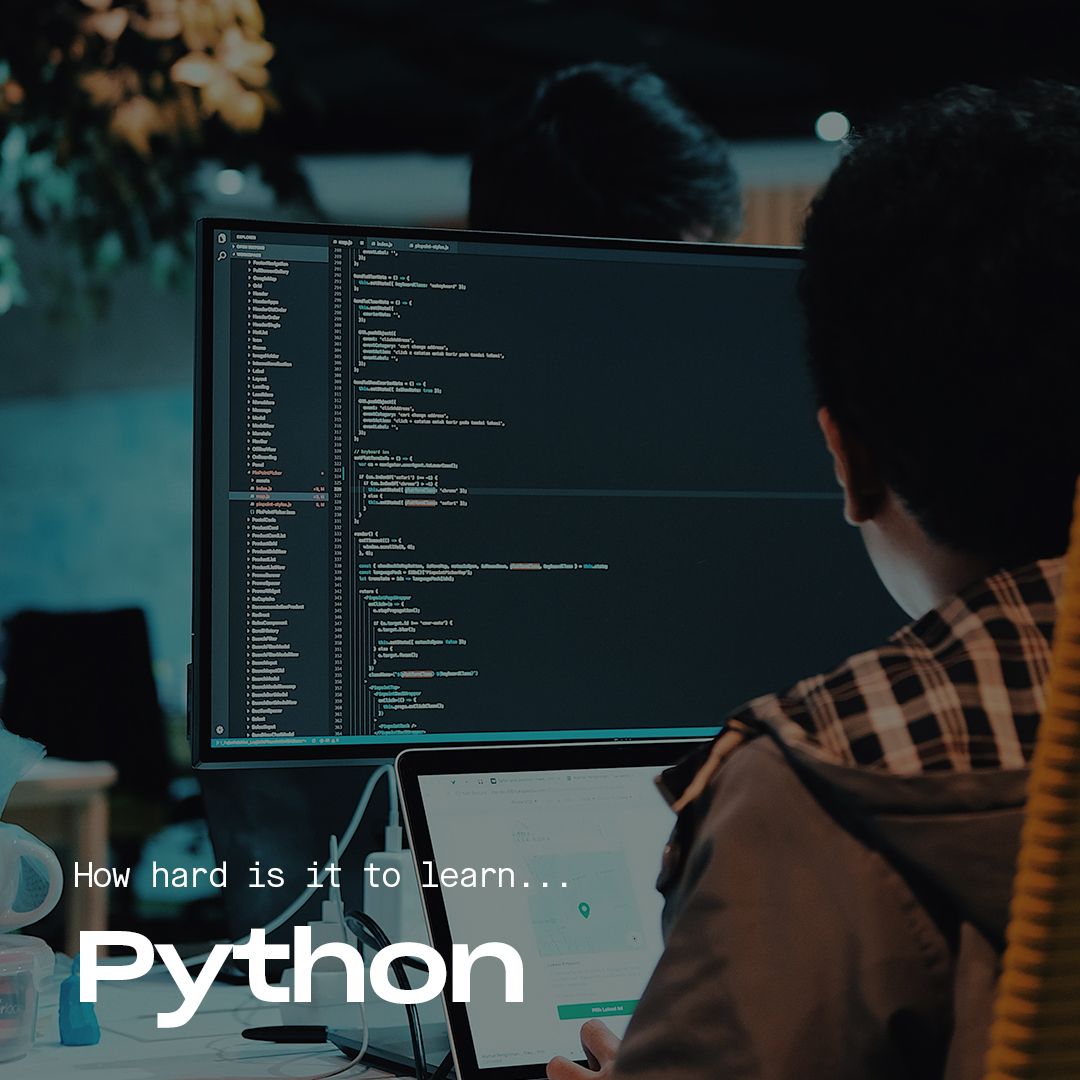
I'm happy to respond in English for you!
Learning Python can be a bit challenging for beginners, but it's definitely not impossible! With the right mindset and approach, anyone can master this powerful programming language.
Here are some reasons why Python might seem hard to learn at first:
Unique syntax: Python has its own unique syntax that can take time to get used to. For instance, indentation is crucial in Python (you need to use spaces or tabs to define code blocks), which can be a departure from languages like Java or C++. Dynamic typing: Unlike statically-typed languages like C++, Python is dynamically-typed, meaning you don't declare variables with specific data types beforehand. This can make it harder for beginners to understand how the language handles memory and data types. Abstract concepts: Python has abstract concepts like objects, classes, inheritance, polymorphism, etc., which might seem overwhelming at first. It's essential to grasp these fundamental concepts to build a strong foundation in programming. Large community: While this is generally an excellent aspect of the Python community, it can be intimidating for beginners when faced with numerous resources, tutorials, and libraries to choose from!However, here are some reasons why learning Python is still worth the effort:
Easy to read and write: Once you get used to its syntax, Python code can be incredibly readable and writable due to its simplicity and clarity. Extensive libraries and frameworks: Python has an enormous collection of libraries and frameworks that make it easy to work with various tasks, such as data analysis, machine learning, web development, automation, etc. Cross-platform compatibility: Python is highly portable across different operating systems (Windows, macOS, Linux) and can be used for various projects, making it an excellent choice for beginners who want to explore different areas of programming. Growth-oriented community: The Python community is incredibly supportive and welcoming, with numerous resources available online, including tutorials, forums, and social media groups dedicated to helping you learn!To overcome the initial difficulties and make learning Python a smooth process:
Start small: Begin with basic concepts, such as variables, data types, loops, conditionals, functions, etc., and gradually build your way up. Practice consistently: The best way to get familiar with Python is by writing code! Start with simple exercises, projects, or even contribute to open-source projects on platforms like GitHub or GitLab. Find a mentor or online resources: Reach out to experienced programmers, join online communities (like Reddit's r/learnpython), or utilize educational websites and YouTube channels for guidance and support. Stay patient and persistent: Don't get discouraged if you encounter obstacles! Learning Python (or any programming language) takes time, and it's essential to stay motivated and committed to your learning journey!In conclusion, while learning Python may have its challenges, the benefits of mastering this powerful language far outweigh them! With dedication, practice, and access to the right resources, anyone can learn Python and unlock a world of possibilities in programming.

